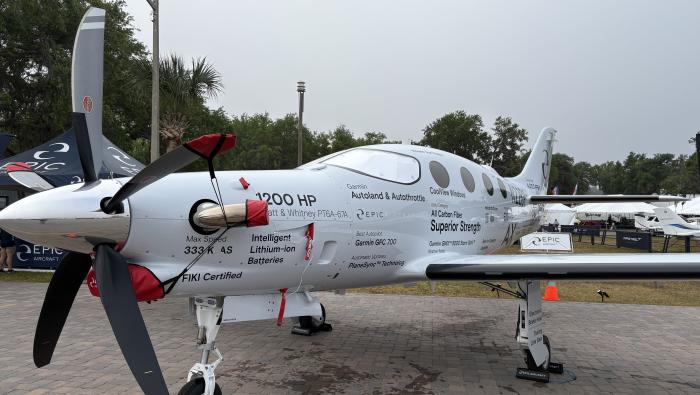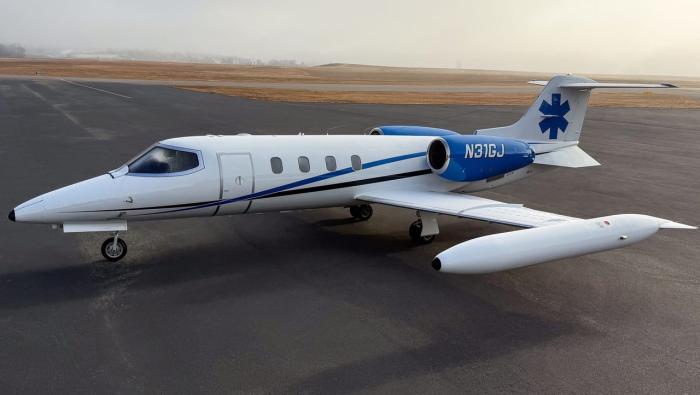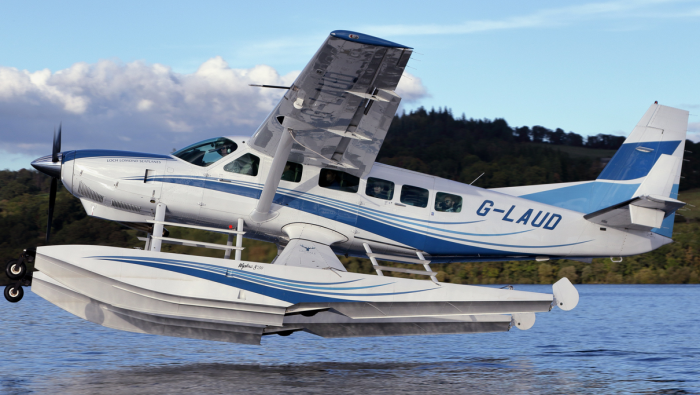Boeing CEO Jim McNerney expressed growing enthusiasm on Wednesday over the prospect of a smooth transition from production of the current 777 to the new 777X starting in 2018. While speaking during the company's quarterly earnings call, he emphasized continued strong demand for both versions of the twinjet as evidenced by mixed orders from the likes of Qatar Airways and All Nippon Airways of Japan. Pointing to last year's order total of 63 current-generation 777s as a harbinger of future performance, McNerney said Boeing needs only to sell between 40 and 60 airplanes a year from its current 777 line to support the “bridge” to the start of 777X production.
“We expect demand for the [current] 777 to remain healthy through the end of this decade,” said McNerney. “With the new airplanes scheduled to enter final assembly in the 2018 time frame, this transition will leverage new manufacturing processes and technologies being proven on the current 777 to optimize the 777X production system.” Boeing’s backlog for the current 777 stands at 217 airplanes, enough to cover more than two years' worth of production. Boeing delivered ninety-nine 777s last year.
“I think it is a sign that the capability is an enduring capability and the competition is...I hate to say it this way, but there is not much competition with capability,” added McNerney. “So we’re in a fortunate position here, and it’s one we’ll shamelessly take advantage of.”
The company saw further positive developments in the widebody sector with deliveries last year of 114 Dreamliners, setting a new record for any twin-aisle airplane. Company CFO Greg Smith reported that unit costs for the 787-8 dropped by 30 percent over the span of time it took to deliver the last 175 airplanes, and that he expected the program to turn “cash positive” this year, ahead of a production rate increase from 10 airplanes a month to 12 in 2016.
The commentary by McNerney and Smith came as Boeing announced an increase in fourth quarter profits of 23 percent on record deliveries of 195 airplanes, and $12 billion worth of orders driven mainly by strong demand for 737s. Boeing Commercial Airplanes saw a 15-percent increase in revenues to a record $16.8 billion during the period.







